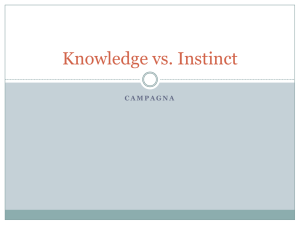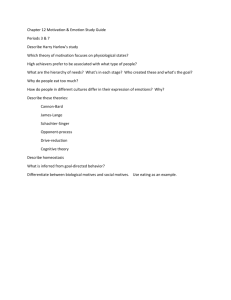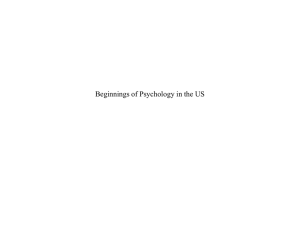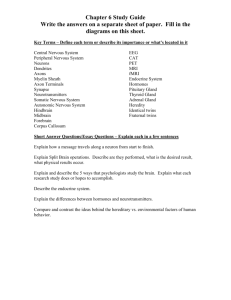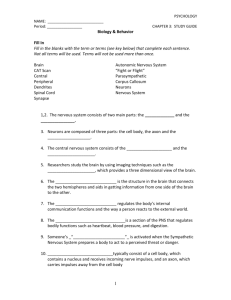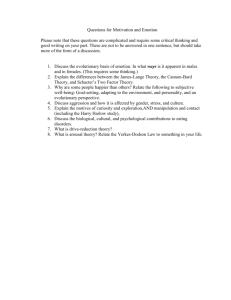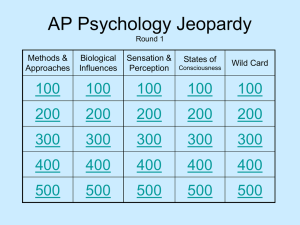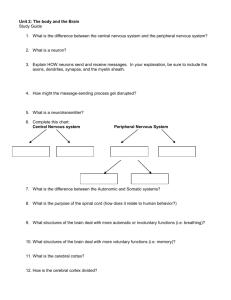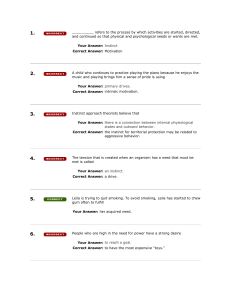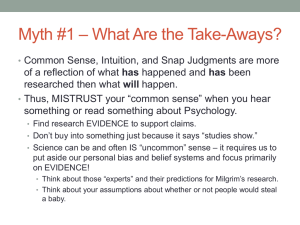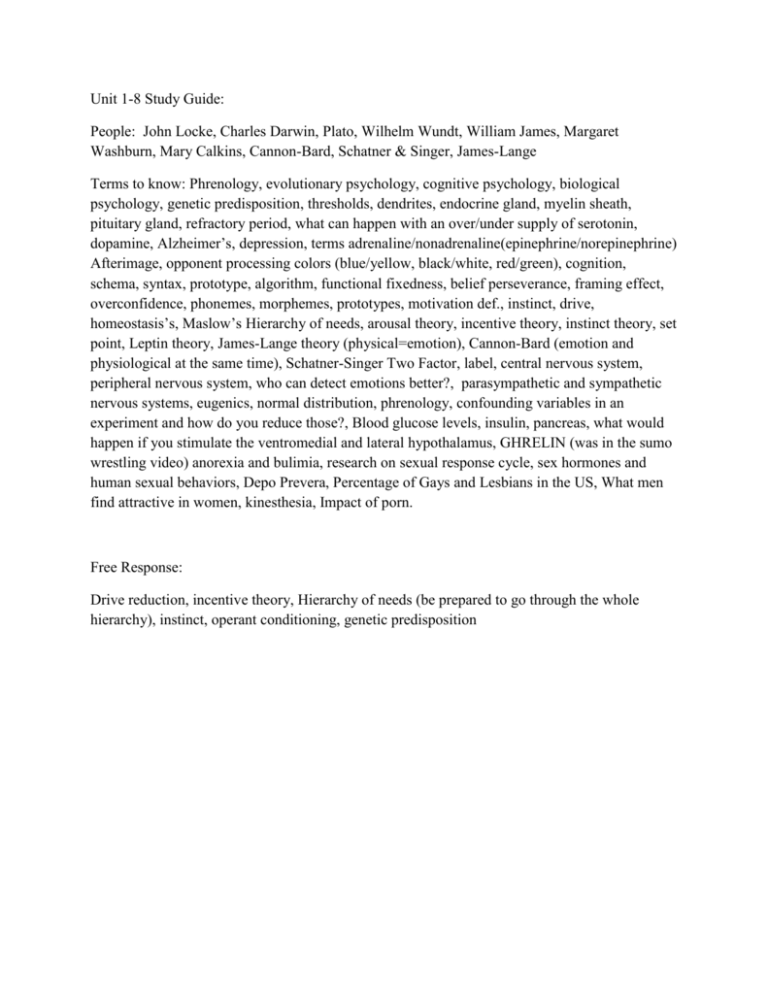
Unit 1-8 Study Guide:
People: John Locke, Charles Darwin, Plato, Wilhelm Wundt, William James, Margaret
Washburn, Mary Calkins, Cannon-Bard, Schatner & Singer, James-Lange
Terms to know: Phrenology, evolutionary psychology, cognitive psychology, biological
psychology, genetic predisposition, thresholds, dendrites, endocrine gland, myelin sheath,
pituitary gland, refractory period, what can happen with an over/under supply of serotonin,
dopamine, Alzheimer’s, depression, terms adrenaline/nonadrenaline(epinephrine/norepinephrine)
Afterimage, opponent processing colors (blue/yellow, black/white, red/green), cognition,
schema, syntax, prototype, algorithm, functional fixedness, belief perseverance, framing effect,
overconfidence, phonemes, morphemes, prototypes, motivation def., instinct, drive,
homeostasis’s, Maslow’s Hierarchy of needs, arousal theory, incentive theory, instinct theory, set
point, Leptin theory, James-Lange theory (physical=emotion), Cannon-Bard (emotion and
physiological at the same time), Schatner-Singer Two Factor, label, central nervous system,
peripheral nervous system, who can detect emotions better?, parasympathetic and sympathetic
nervous systems, eugenics, normal distribution, phrenology, confounding variables in an
experiment and how do you reduce those?, Blood glucose levels, insulin, pancreas, what would
happen if you stimulate the ventromedial and lateral hypothalamus, GHRELIN (was in the sumo
wrestling video) anorexia and bulimia, research on sexual response cycle, sex hormones and
human sexual behaviors, Depo Prevera, Percentage of Gays and Lesbians in the US, What men
find attractive in women, kinesthesia, Impact of porn.
Free Response:
Drive reduction, incentive theory, Hierarchy of needs (be prepared to go through the whole
hierarchy), instinct, operant conditioning, genetic predisposition


